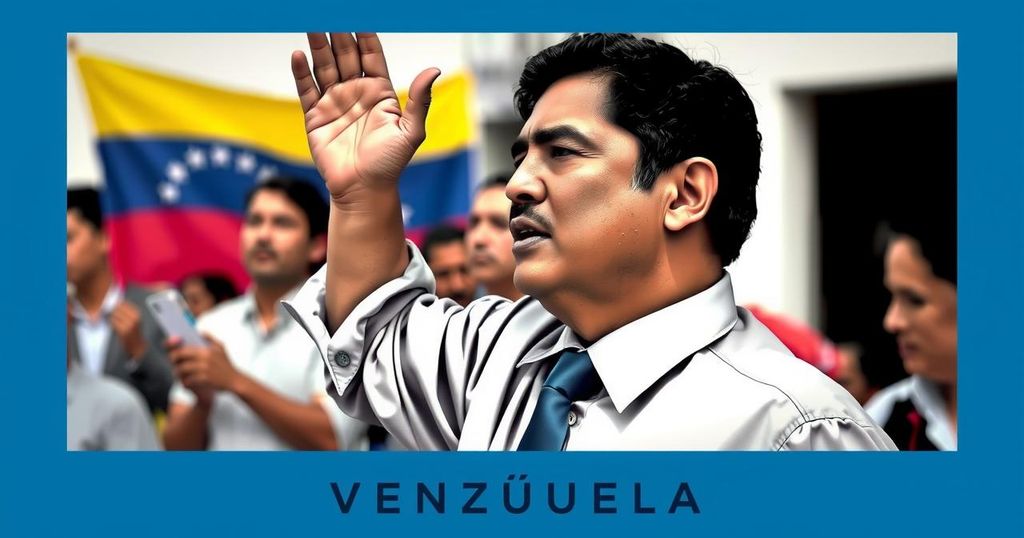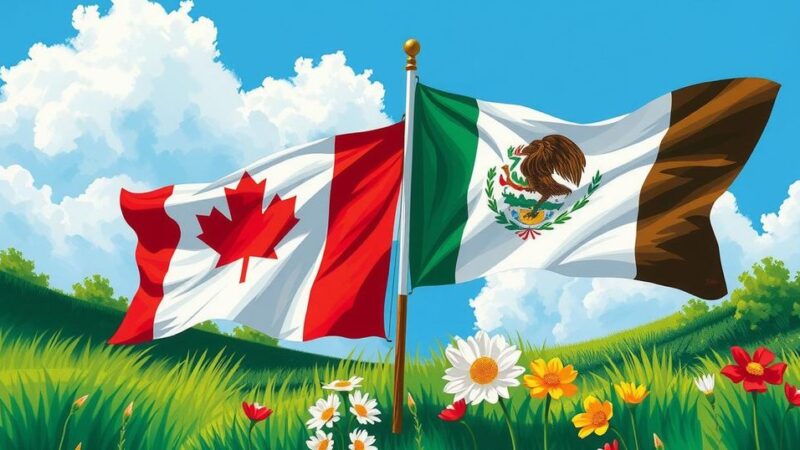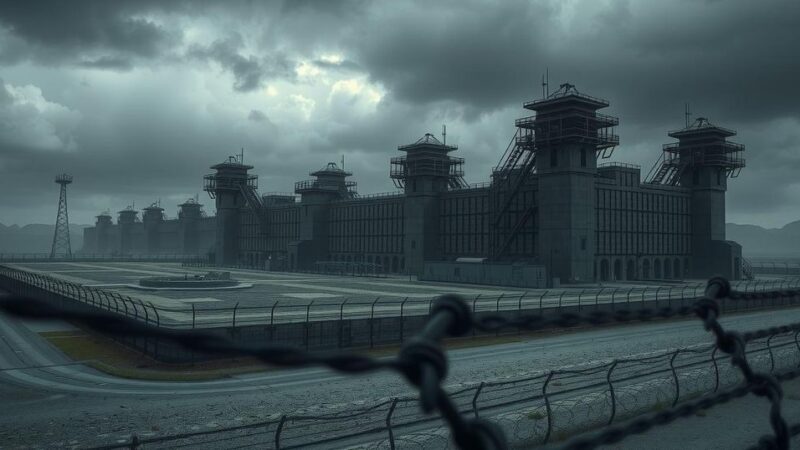The IACHR report details extensive human rights violations in Venezuela after the July 2024 presidential election, highlighting a strategy of suppressing opposition and manipulating electoral processes. The report notes significant irregularities on election day, leading to widespread protests met with violence from security forces. This context reflects Venezuela’s prolonged socio-economic crisis under President Maduro, raising urgent calls for international intervention as democratic processes deteriorate further.
On July 30, 2024, the Inter-American Commission on Human Rights (IACHR) published a comprehensive report highlighting extensive human rights violations in Venezuela following the presidential election held on July 28, 2024. The report, titled “Venezuela: Serious Human Rights Violations Following the Elections,” detailed a systemic strategy orchestrated by the Venezuelan government aimed at suppressing opposition and manipulating the electoral process. It emphasized governmental obstruction of opposition participation through arbitrary detentions and the co-opting of essential electoral institutions prior to the elections, which marginalized dissenting voices.
Additionally, the IACHR underscored serious irregularities reported on election day, including the suspension of result broadcasts and the refusal to disclose voting records, which raised significant allegations of electoral fraud. Independent observers noted discrepancies between official results and opposition tallies, further eroding public trust in the electoral framework. The aftermath of the election saw widespread protests against alleged fraud, met with violent crackdowns by security forces, resulting in around 300 documented instances of state violence, numerous casualties, and thousands of arbitrary detentions.
The IACHR’s report serves as a critical lens through which the ongoing political crisis in Venezuela can be understood, characterized by decades of economic turmoil, social unrest, and authoritarian governance under President Nicolás Maduro. Since assuming power in 2013, Maduro’s administration has faced profound challenges, marked by runaway inflation, severe food shortages, and an exodus of around 8 million citizens fleeing dire living conditions and political repression.
The July elections were particularly polarizing, with accusations directed at Maduro’s government for manipulating the electoral framework to maintain power. Despite significant allegations of fraud, the National Electoral Council, composed predominantly of Maduro loyalists, announced his victory with 52 percent of the vote. Figures like Edmundo González, a prominent opposition leader, were barred from contesting the election, while the opposition claimed to possess evidence suggesting that González had secured a decisive win.
Following the election results, mass protests erupted nationwide, leading to the arrest of approximately 2,000 individuals amid reports of torture and extrajudicial killings as the state sought to suppress dissent. The IACHR’s report not only documents widespread human rights abuses but also situates these violations within the context of Venezuela’s ongoing challenges in striving for democracy amid significant authoritarian constraints and socio-economic decline. As tensions rise in advance of Maduro’s scheduled third inauguration on January 10, 2025, calls for international intervention and support for democratic processes continue to resonate strongly.
The Inter-American Commission on Human Rights (IACHR) focuses on the promotion and protection of human rights in the Americas. In the context of Venezuela, the commission’s latest report underscores a troubling pattern of government actions designed to quash dissent and manipulate electoral processes in favor of the ruling party. Since President Nicolás Maduro assumed office, Venezuela has faced an escalating humanitarian crisis, characterized by widespread poverty, food insecurity, and a mass exodus of citizens seeking better living conditions abroad. This report is significant as it highlights not only the electoral discrepancies but also the resultant human rights violations following a contentious election process.
The IACHR report sheds light on a grim reality in Venezuela following the July 2024 presidential election, revealing extensive human rights violations and systemic governmental suppression of opposition. The findings indicate an ongoing struggle against authoritarianism, compounded by economic decline and social unrest. As the Maduro administration prepares for a third term amidst these allegations, the call for international attention to Venezuela’s democratic processes becomes increasingly urgent, underscoring the dire need for accountability and reform.
Original Source: www.jurist.org






